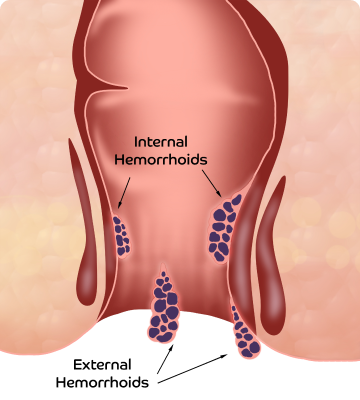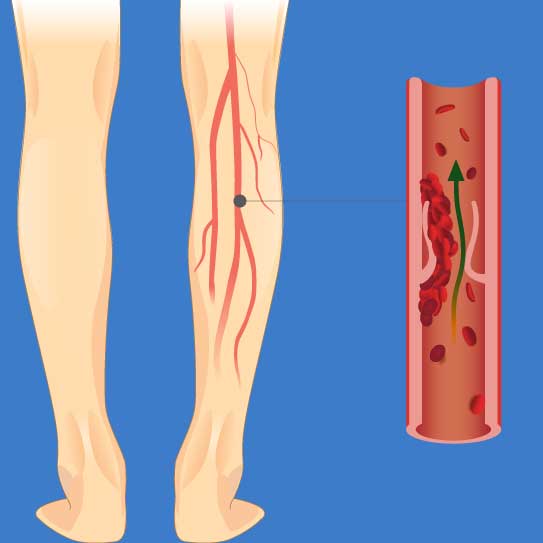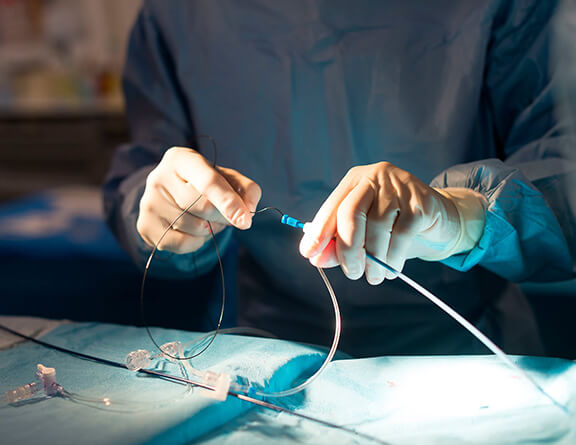Why should you not delay DVT treatment?
Deep vein thrombosis is a condition that can cause serious complications when left untreated. The worst situation can arise if DVT leads to pulmonary embolism or post-thrombotic syndrome. In pulmonary embolism, a blood clot gets detached and reaches the lungs through the bloodstream. It disrupts the blood flow inside the lungs and increases the risk of heart failure. In post-thrombotic syndrome, you may experience various problems that won’t resolve on their own. You will feel heaviness in the legs, the skin will become red, and new varicose veins may appear.
Overall, your life will become challenging and you may even have issues while walking. Another thing that will make your life harder is leg ulcers. If leg ulcers start to form, they will also increase the risk of excessive bleeding. Hence, it can be said that ignoring or delaying DVT treatment is never a good choice.
If you reside in Mohali and seeking advanced treatment for DVT, get in touch with Pristyn Care and consult our medical experts for a quick, safe, and minimal pain solution.
How should I prepare for deep vein thrombosis surgery?
There are the following tips that may help you in preparation for deep veins thrombosis surgery:
- Inform the doctor about your medical history or current medication if you are taking any.
- Avoid taking any antibiotics at least 2-3 days before the surgery unless advised by your doctor.
- Refrain from consumption of alcohol or smoking 78 hours before the surgery to avoid any complications during the treatment.
- Ask your doctor regarding meals before surgery. However, it is suggested to eat light and fiber-rich foods that are easy to digest and would not cause constipation.
How can I reduce the risk of developing a thrombosis while traveling?
There are a few tips that may help you prevent deep vein thrombosis from developing and progressing:
- Drink plenty of fluids to stay hydrated throughout the travel
- Avoid alcohol or alcoholic drinks
- Avoid wearing tight clothes
- Try doing minimal exercises every hour like stretching and bending the legs to promote blood flow.
- If sitting for a longer period of time, stand up, stretch, and walk around whenever possible.
- Try not taking sleeping pills or other sedatives that may increase the risk of deep vein thrombosis.
- Wear compression stocking while traveling in order the maintain a better blood flow in the affected area.
How do I recover faster after deep vein thrombosis surgery?
Some of the tips that may help you in faster and smooth recovery:
- Take proper sleep and rest as much as you can.
- Drink enough water throughout the day to ensure your body stays hydrated.
- Refrain from indulging in exercises or activities that may strain the area affected by deep vein thrombosis.
- Eat a healthy diet that is rich in fiber, proteins, and vitamins to enhance the healing process.
- Do contact your doctor if you experience any odd symptoms post deep vein thrombosis surgery.


















